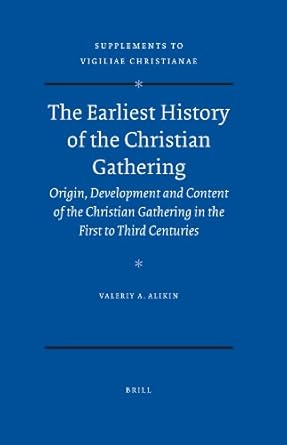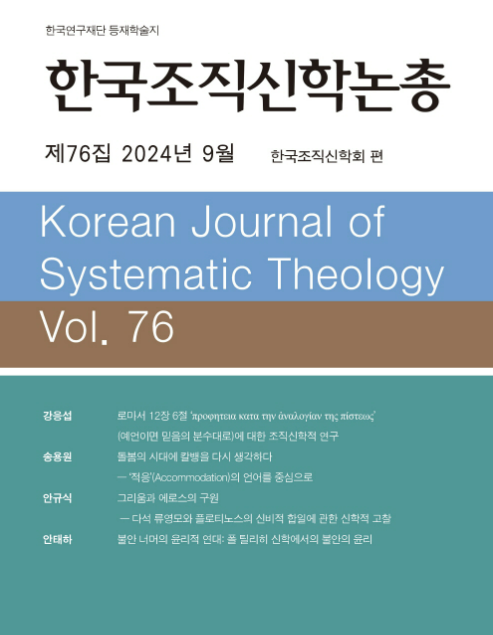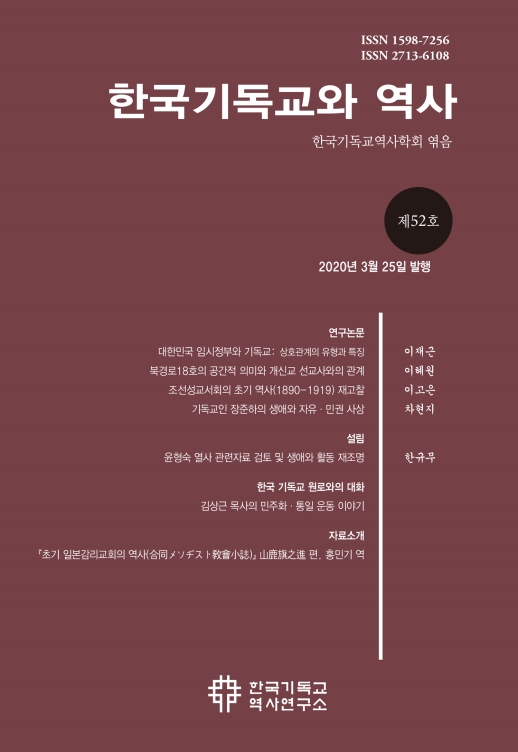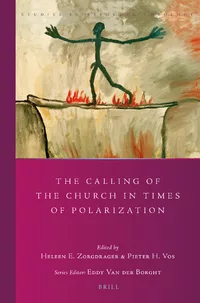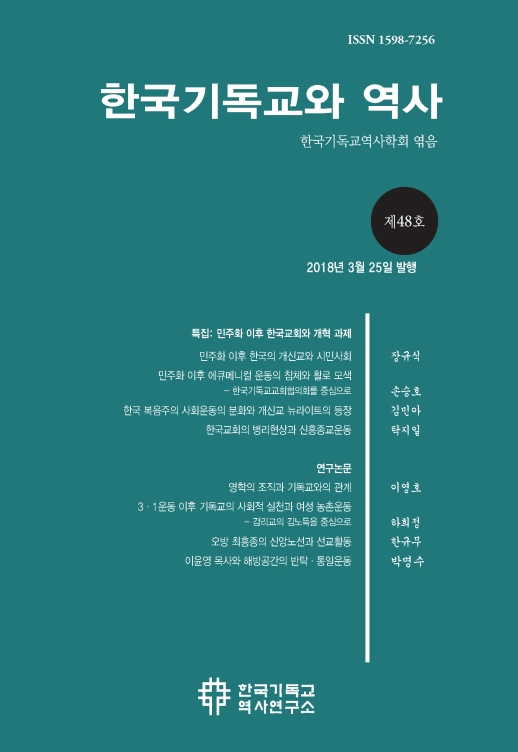최근 연구는 사회학적 관점에서 볼 때 초대 기독교 공동체가 자발적 종교 결사체로 기능했다는 견해를 강력하게 제시한다. 이는 서기 1세기 그리스-로마 세계의 다른 많은 종교 결사체들의 관행과 유사하다. 본서는 이러한 새로운 접근법을 바탕으로 모든 가용한 자료에 대한 비판적 해석을 더하여, 기독교인들의 주간 모임이 가진 사회적 및 종교사적 배경을 논한다. 또한 주간 모임이 형식과 내용 면에서 어떻게 기원하고 발전했는지에 대한 새로운 재구성을 제시한다. 여기서 다루는 주제에는 기독교의 주간 축일로서 주일을 준수하게 된 기원, 기독교 공동체의 주간 모임이 지닌 형태와 의미, 그리고 이 모임에서 설교, 기도, 찬송, 본문 낭독과 같은 관습이 발생하게 된 과정이 포함된다.
Recent research has made a strong case for the view that Early Christian communities, sociologically considered, functioned as voluntary religious associations. This is similar to the practice of many other cultic associations in the Greco-Roman world of the first century CE. Building upon this new approach, along with a critical interpretation of all available sources, this book discusses the social and religio-historical background of the weekly gatherings of Christians and presents a fresh reconstruction of how the weekly gathering originated and developed in both form and content. The topics studied here include the origins of the observance of Sunday as the weekly Christian feast-day, the shape and meaning of the weekly gatherings of the Christian communities, and the rise of customs such as preaching, praying, singing, and the reading of texts in these meetings.


